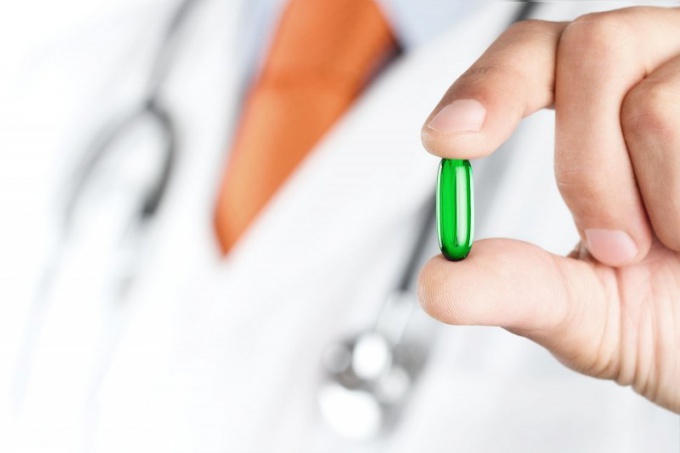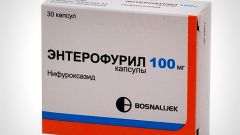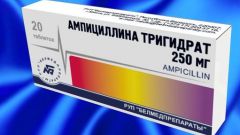Instruction
1
Antibacterial drugs, usually prescribed to patients with acute bacterial diarrhea. Antibiotics have many side effects. Disturbed intestinal microflora, there is a risk of severe complications. A possible anaphylactic reaction, pseudomembranous colitis, etc.
2
In this regard, antibiotics can be used only in acute intestinal infections. For example, in the presence of diseases such as typhoid, cholera, intestinal infection, protracted diarrhea caused by salmonellae. Also, antibiotics are prescribed to elderly persons with low immunity in infectious inflammatory diarrhea. Patients with artificial heart valves.
3
Antibiotic therapy usually includes drugs such as "Macrolides", "Tetracyclines", "Fluoroquinolones", "Co-trimoxazole", "Amoxicillin". Depending on the disease can be applied to different scheme of treatment with antibiotics.
4
The most effective drug against all bacterial intestinal infections is a "Fluoroquinolone". Whereas, for example, to the "Tetracycline", "Chloramphenicol" and other drugs, the pathogens of intestinal infections acquired good stability.
5
Intestinal infections of moderate severity are treated by intestinal antiseptics. These are the same antibiotics. The difference lies only in the fact that after admission they are not absorbed from the gut. Not affect the General condition of the patient. The antimicrobial effect is in the intestine.
6
These drugs are good that have a broad spectrum of antimicrobial activity. Maintain optimal intestinal flora. These substances include "Quinolines", "non-fluorinated chinolone", "Sulfonamides", "Nitrofurans" and "Aminoglycosides". If necessary, designate the combined intestinal-antiseptic preparations. This "Enterosgel", "Intetrix" and "Dependal-M".
7
As during diarrhea the body loses large amounts of fluid, the cost needs to be addressed. So, after each visit to the toilet you should drink solutions "Gastrolyte" or "Regidron". The drugs come in the form of bags and are diluted with water at the rate of one liter.
8
Sometimes the consumption of fluids can lead to vomiting. If this happens regularly, you must consult the doctor. The hospital will identify the cause of the vomiting and put on a drip with a solution of "Gastrolith". This will prevent dehydration.









